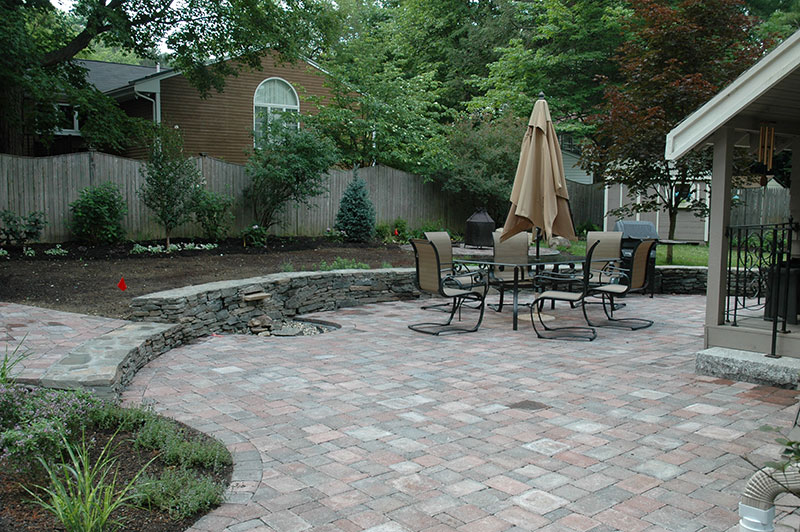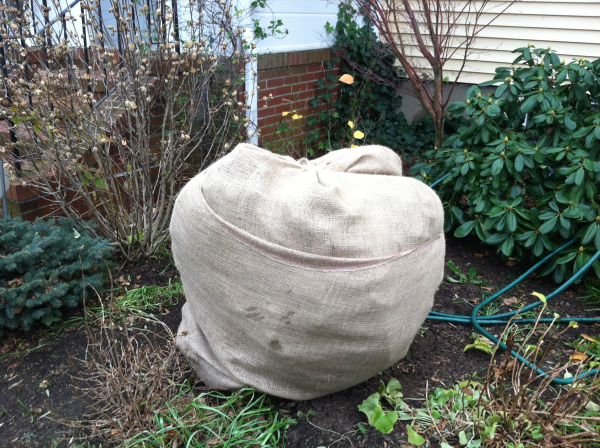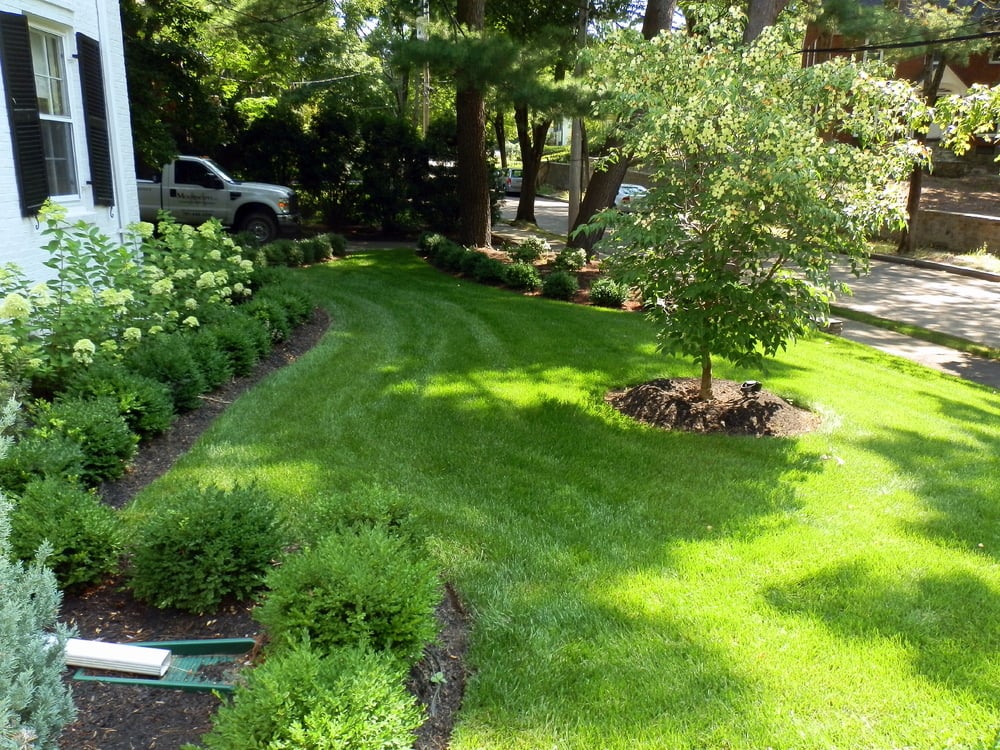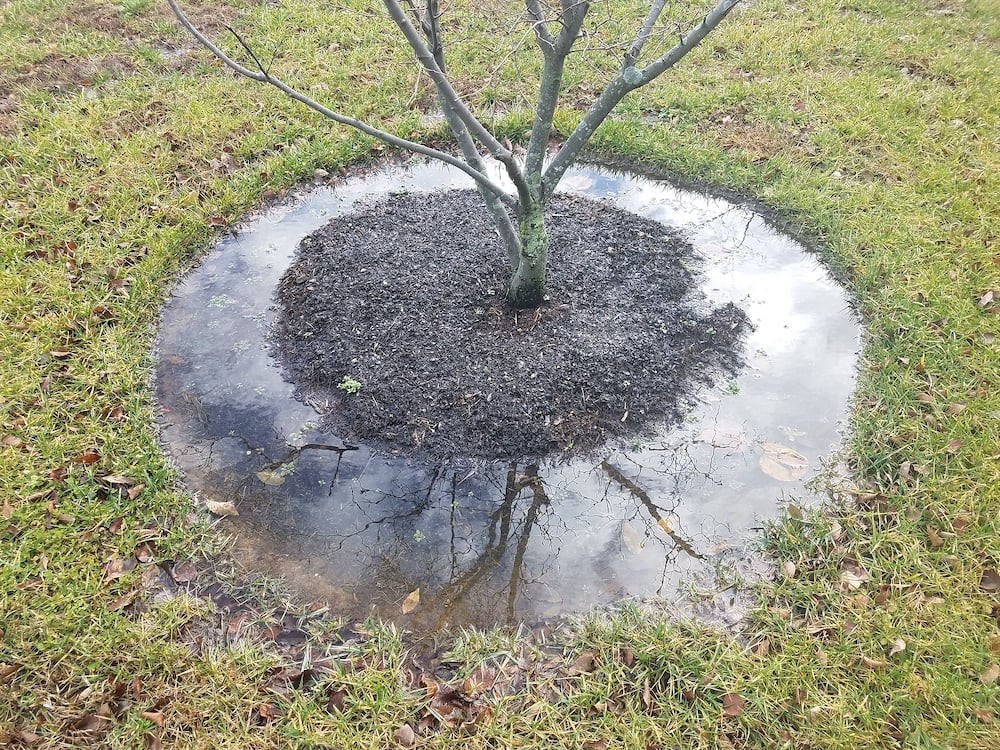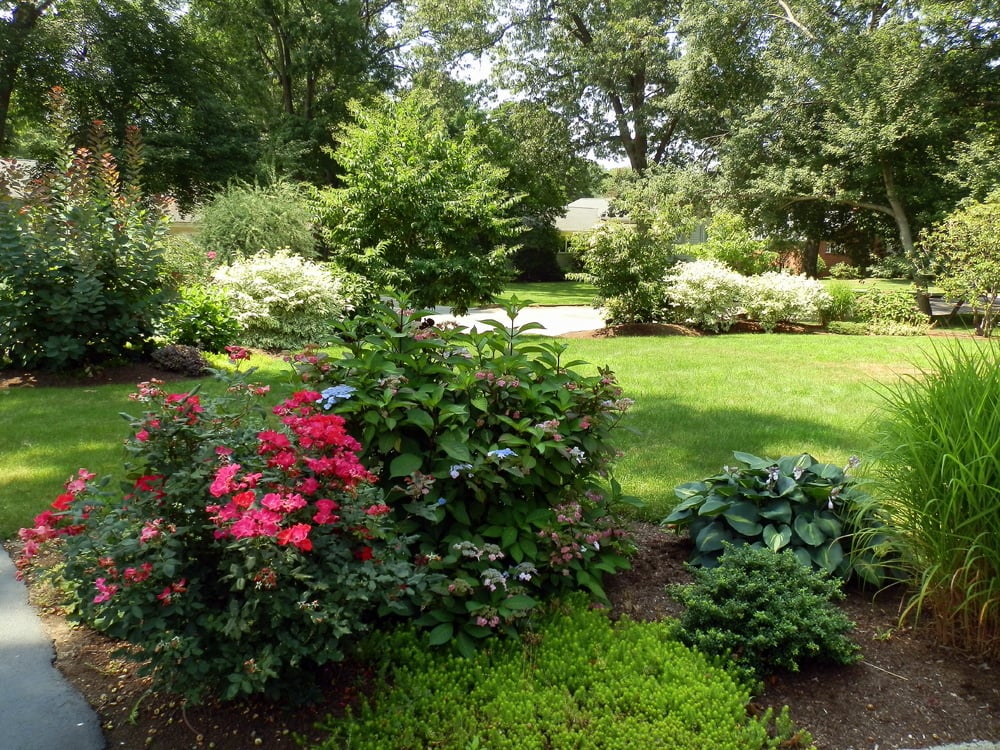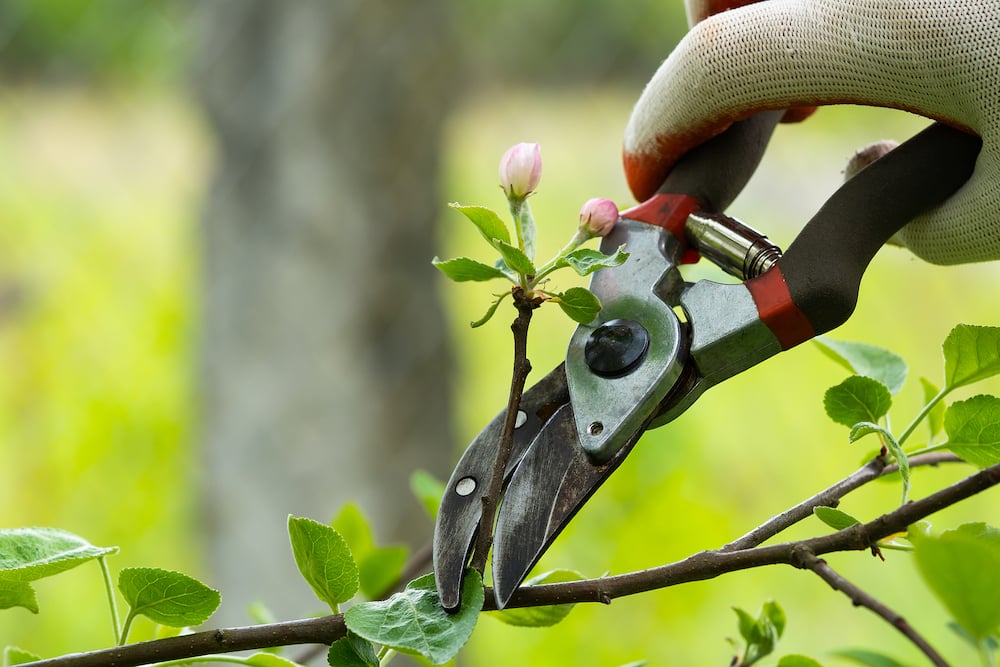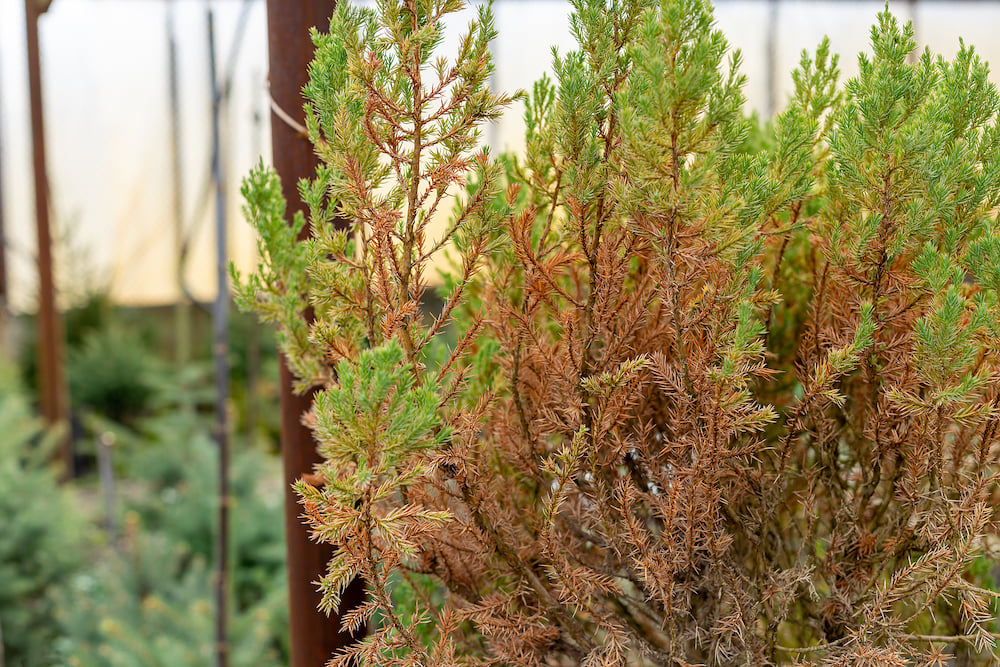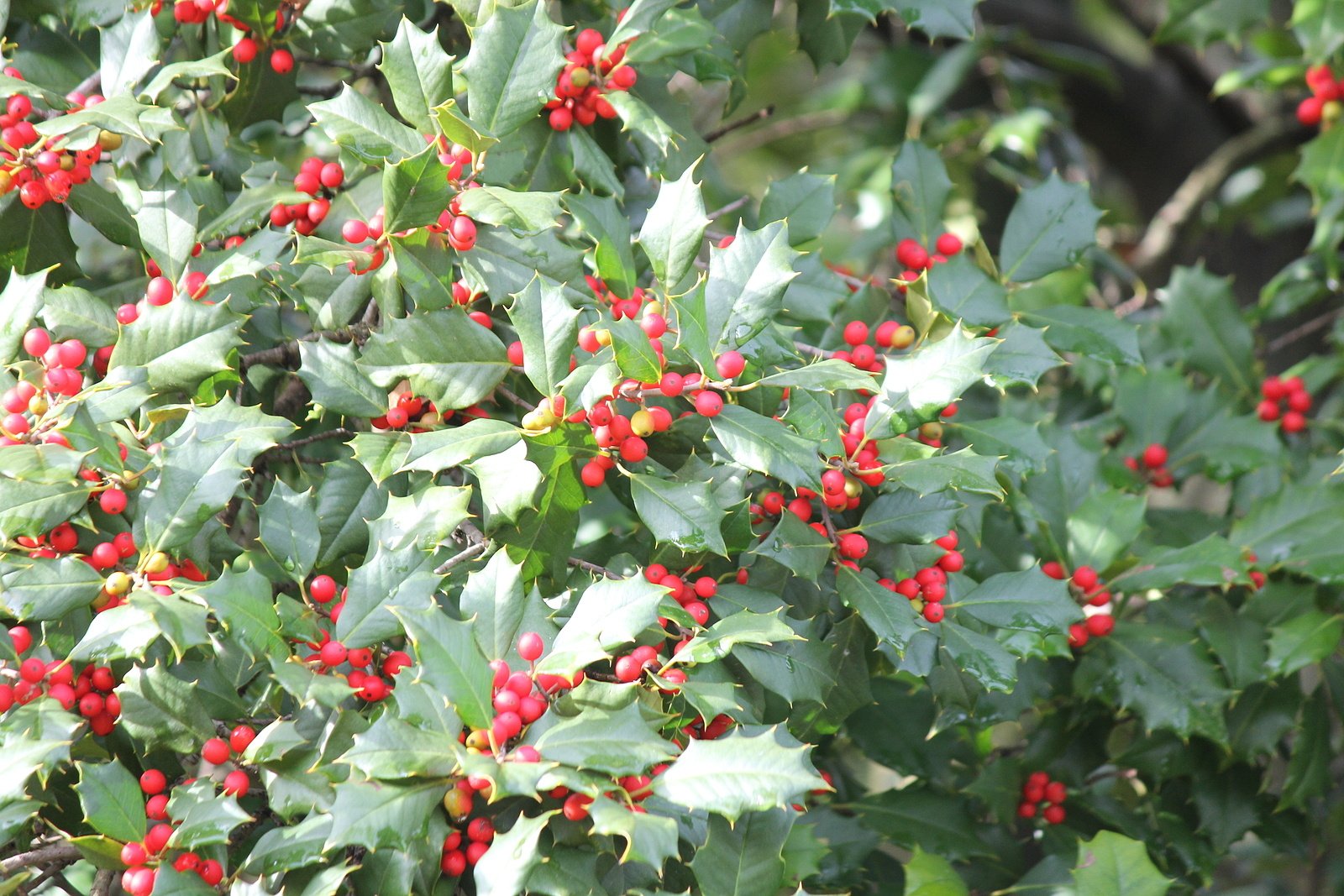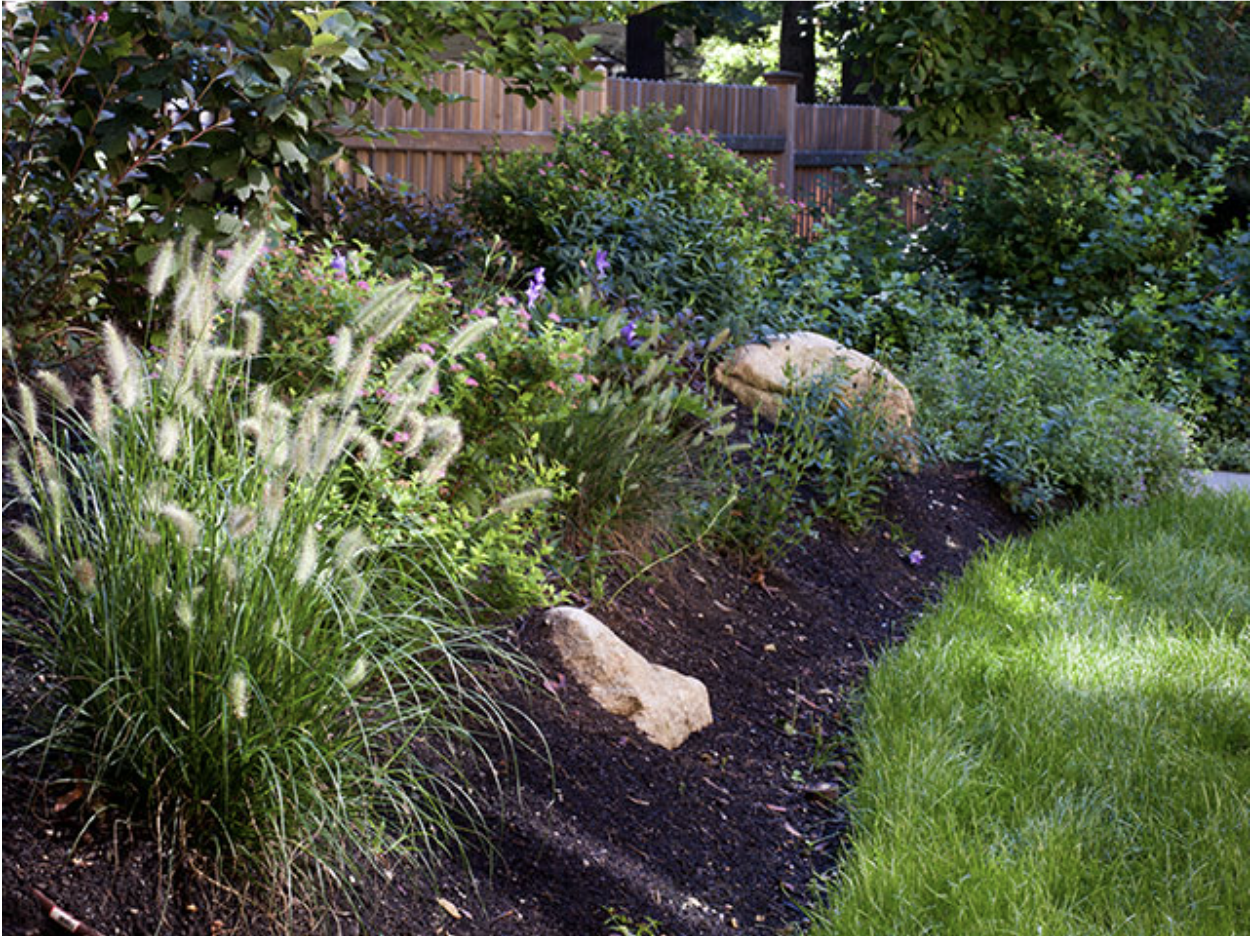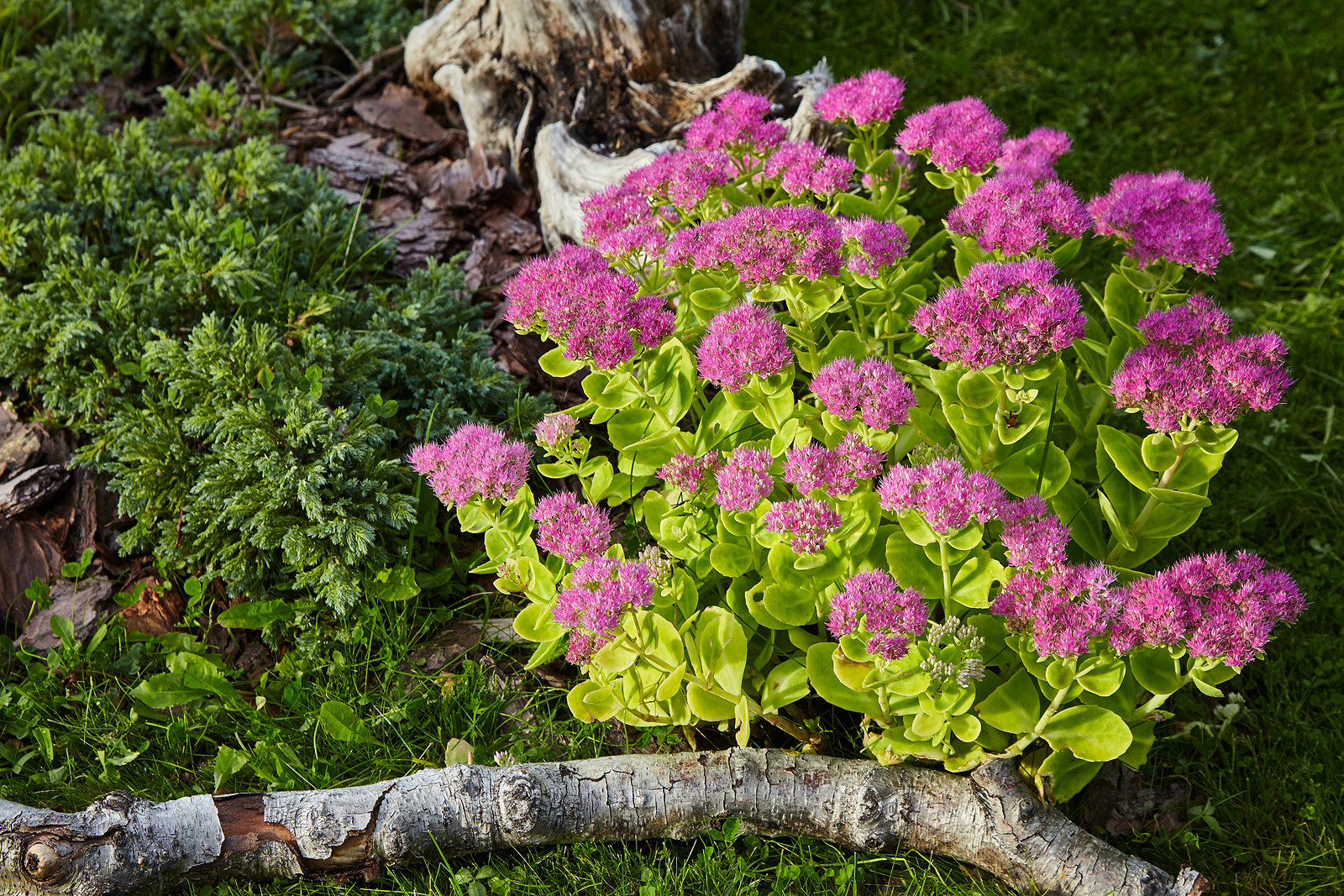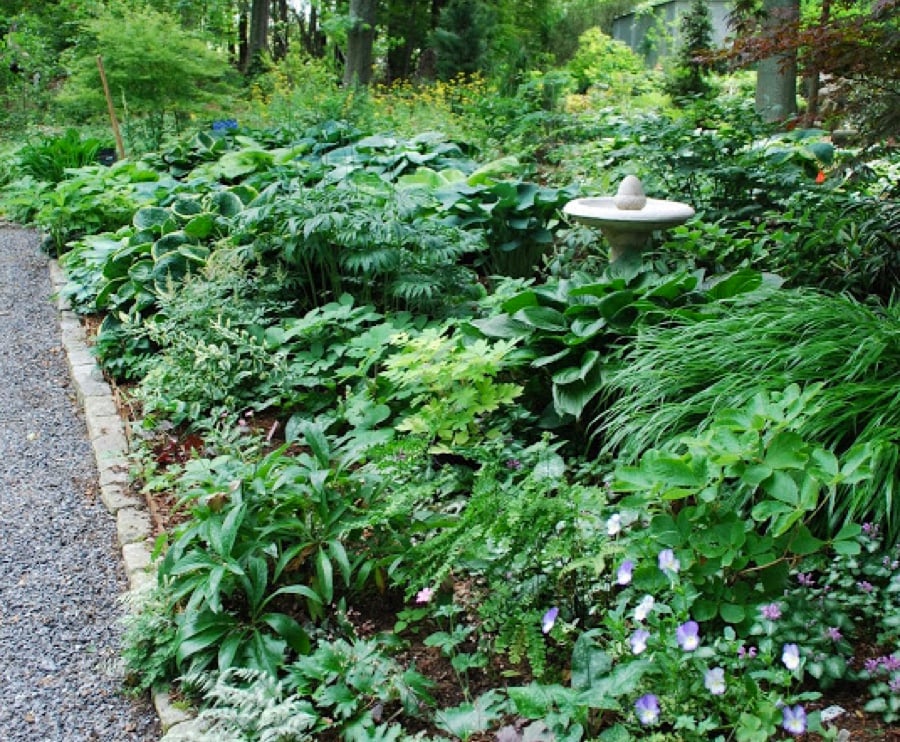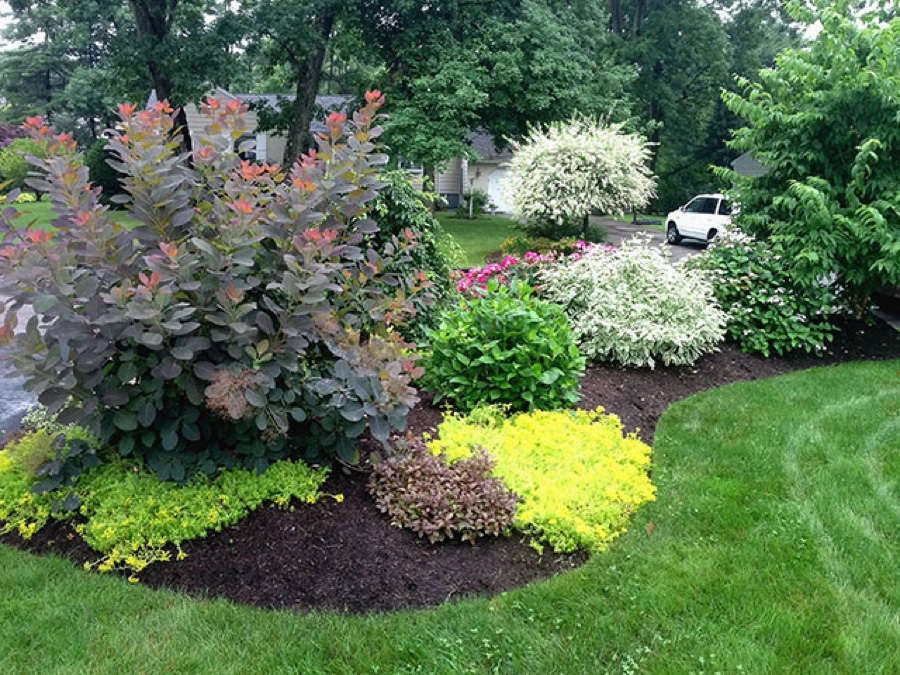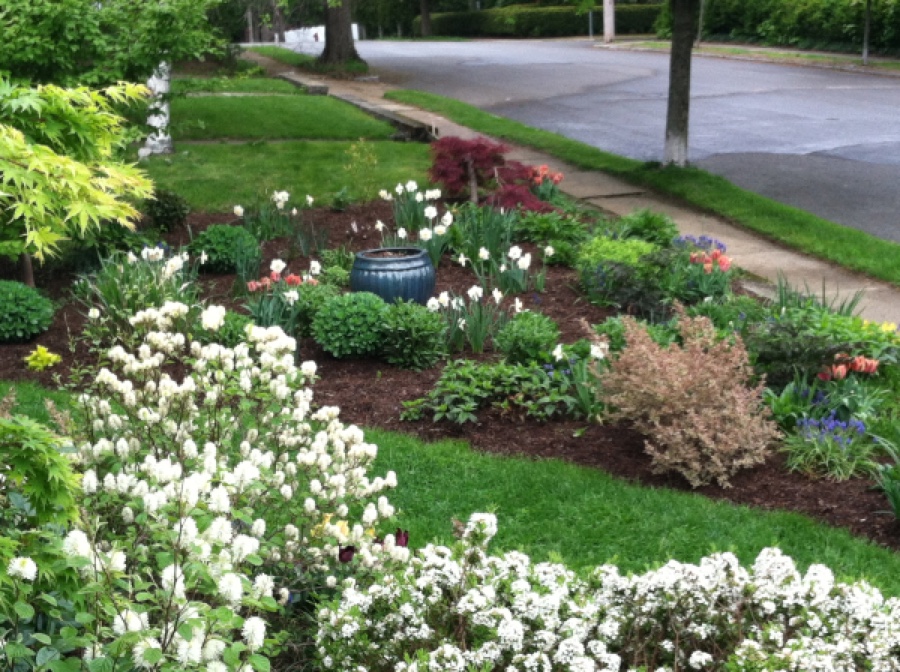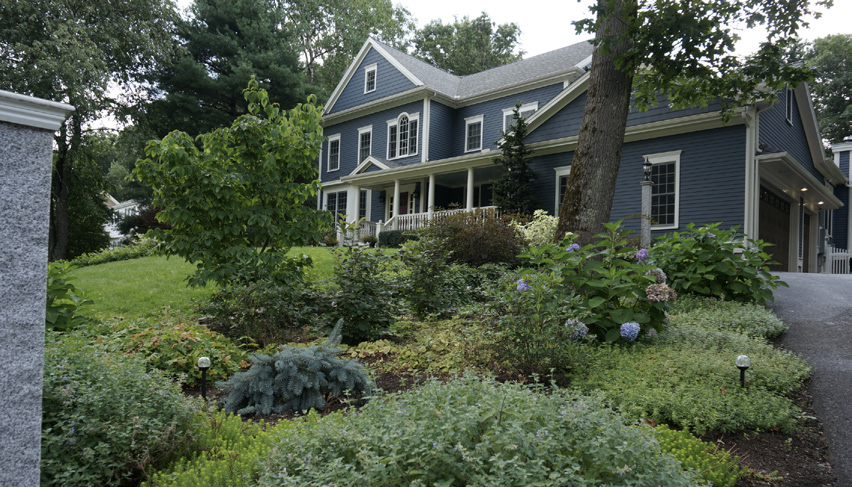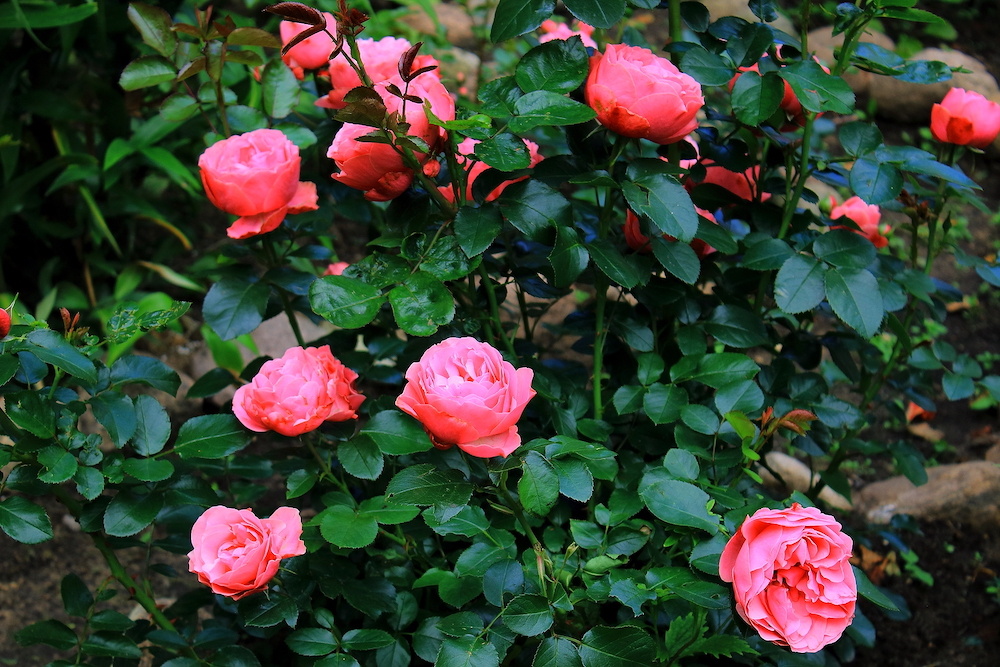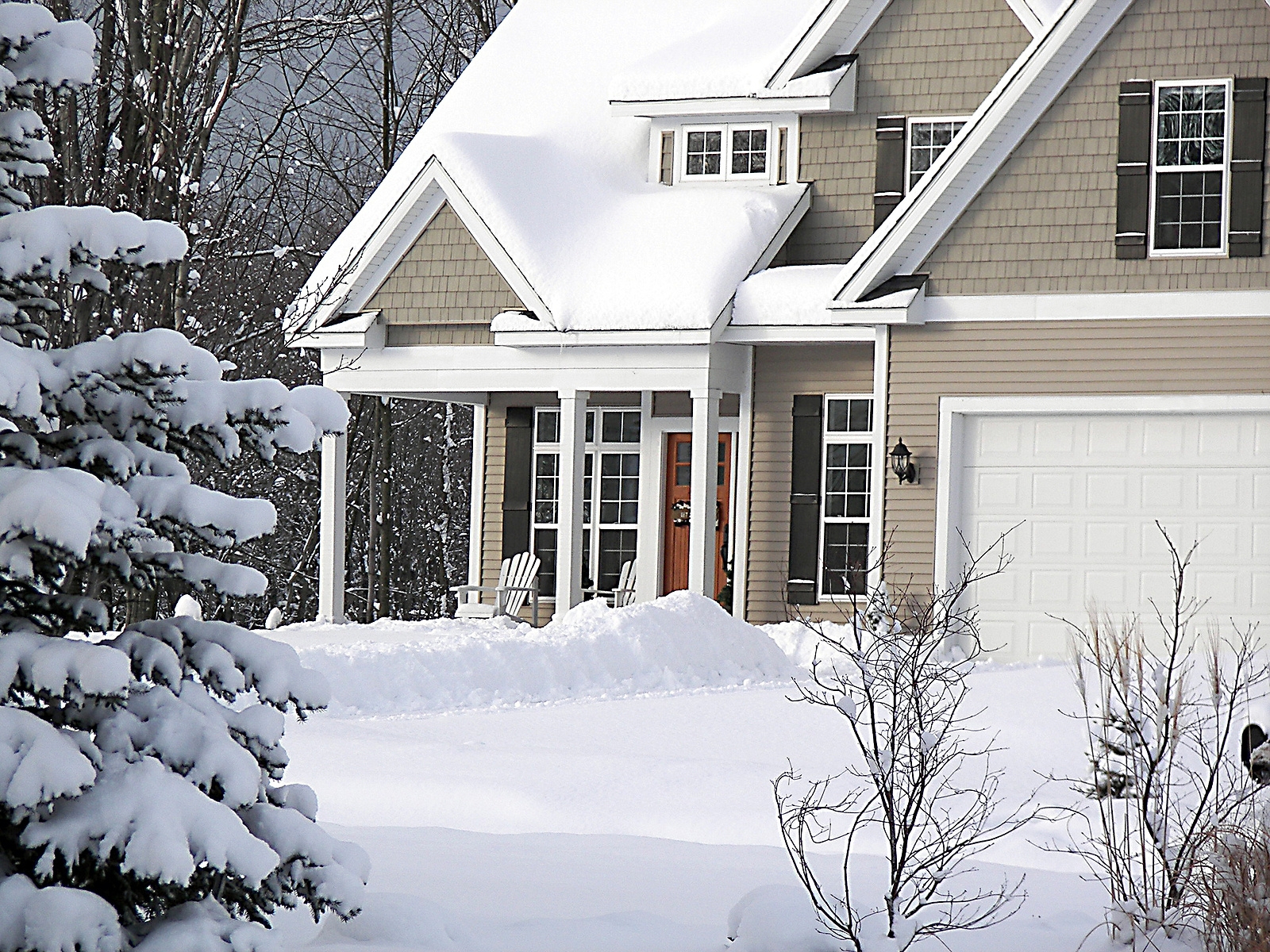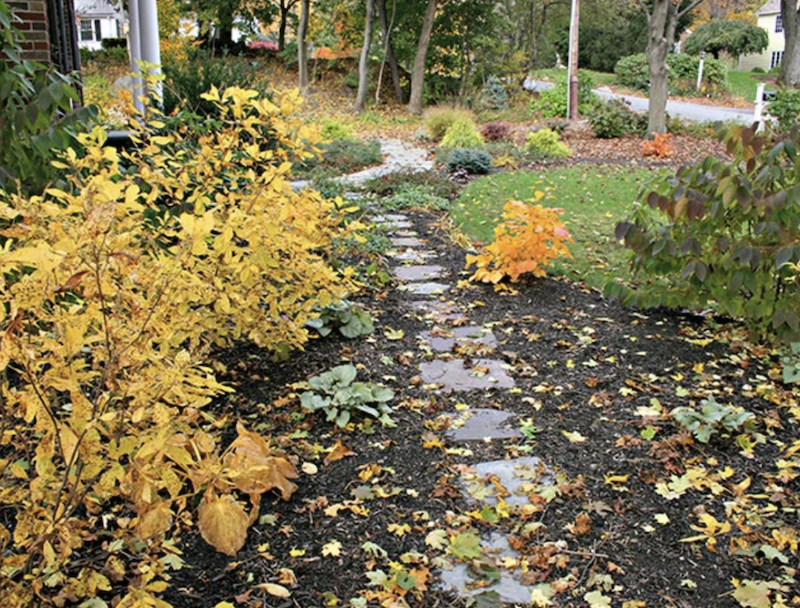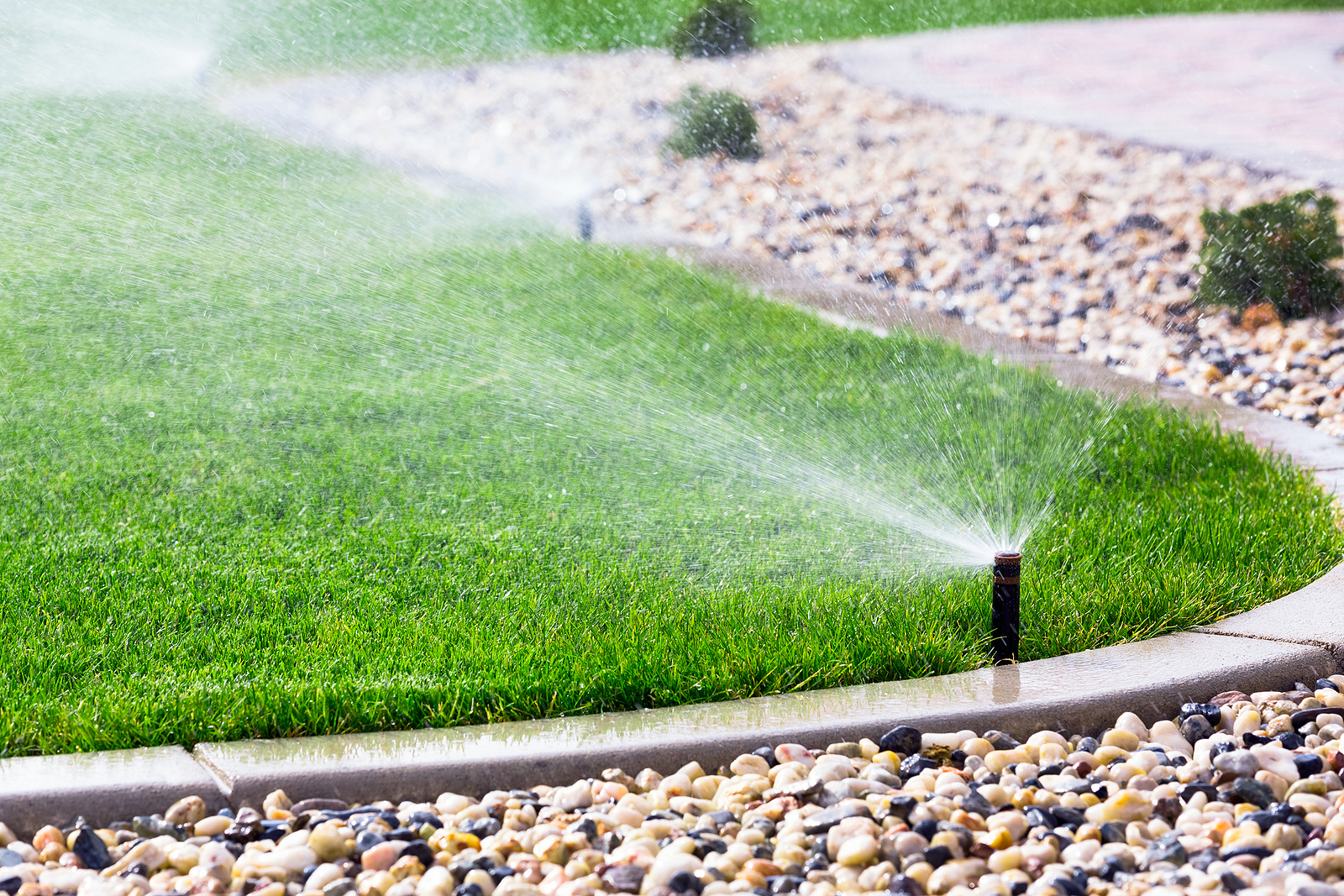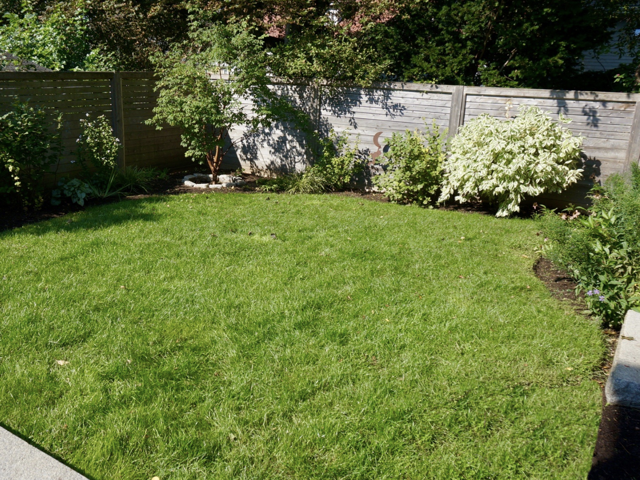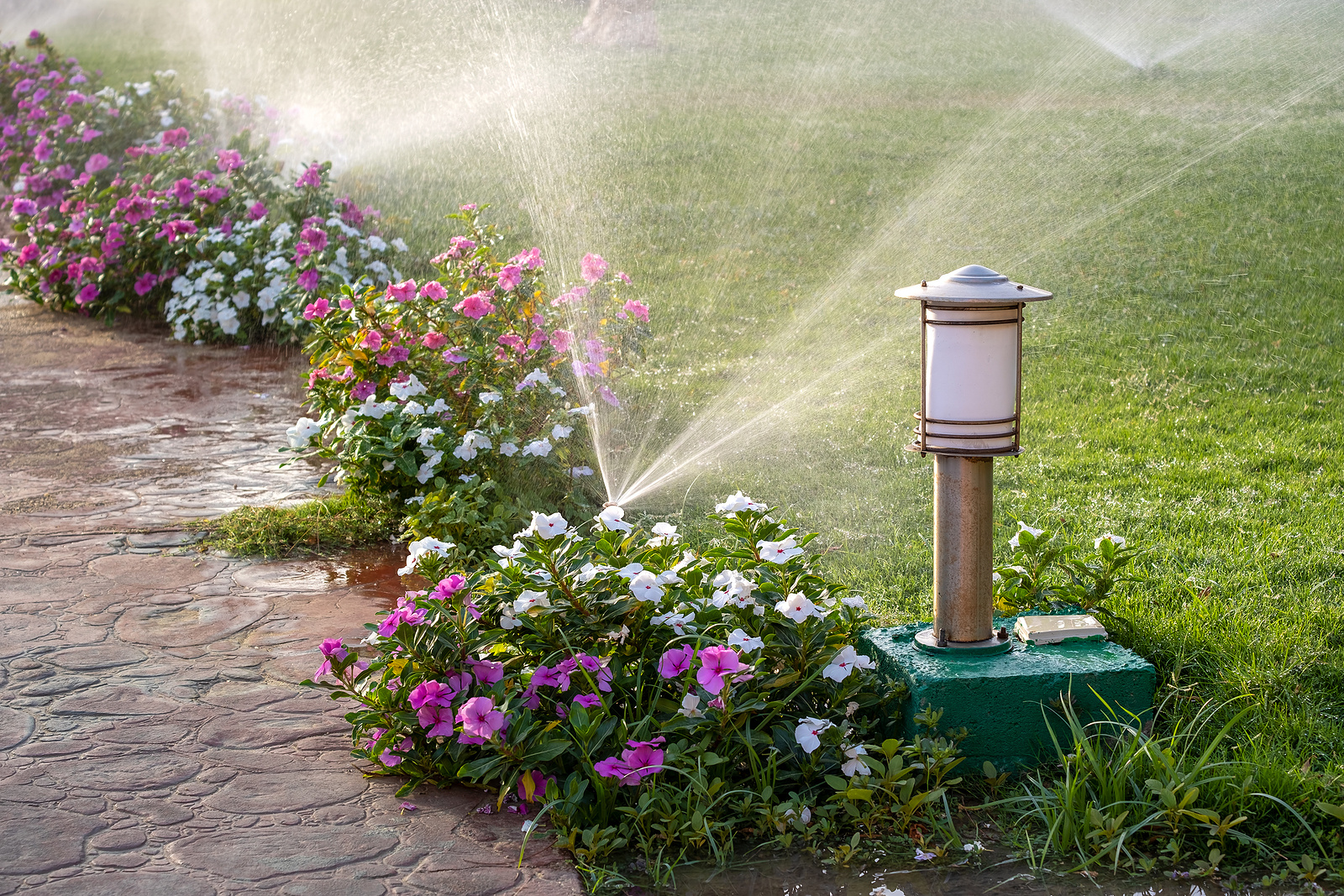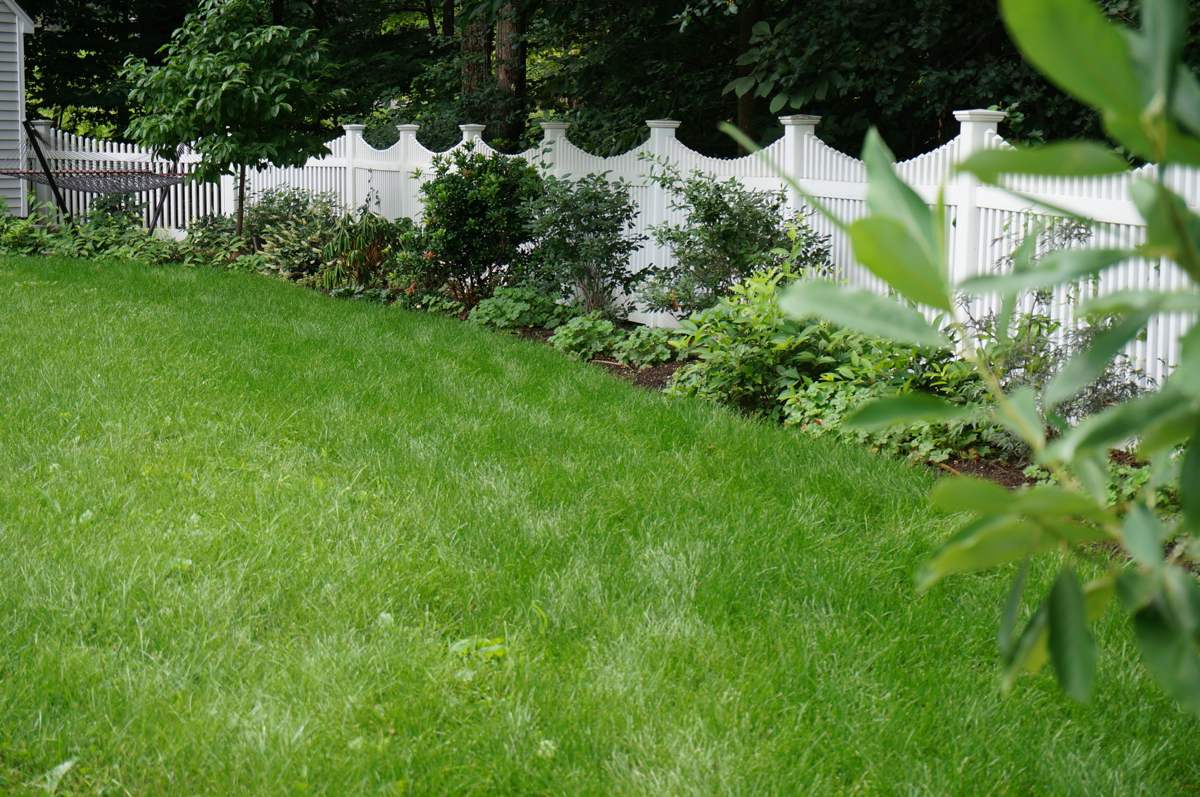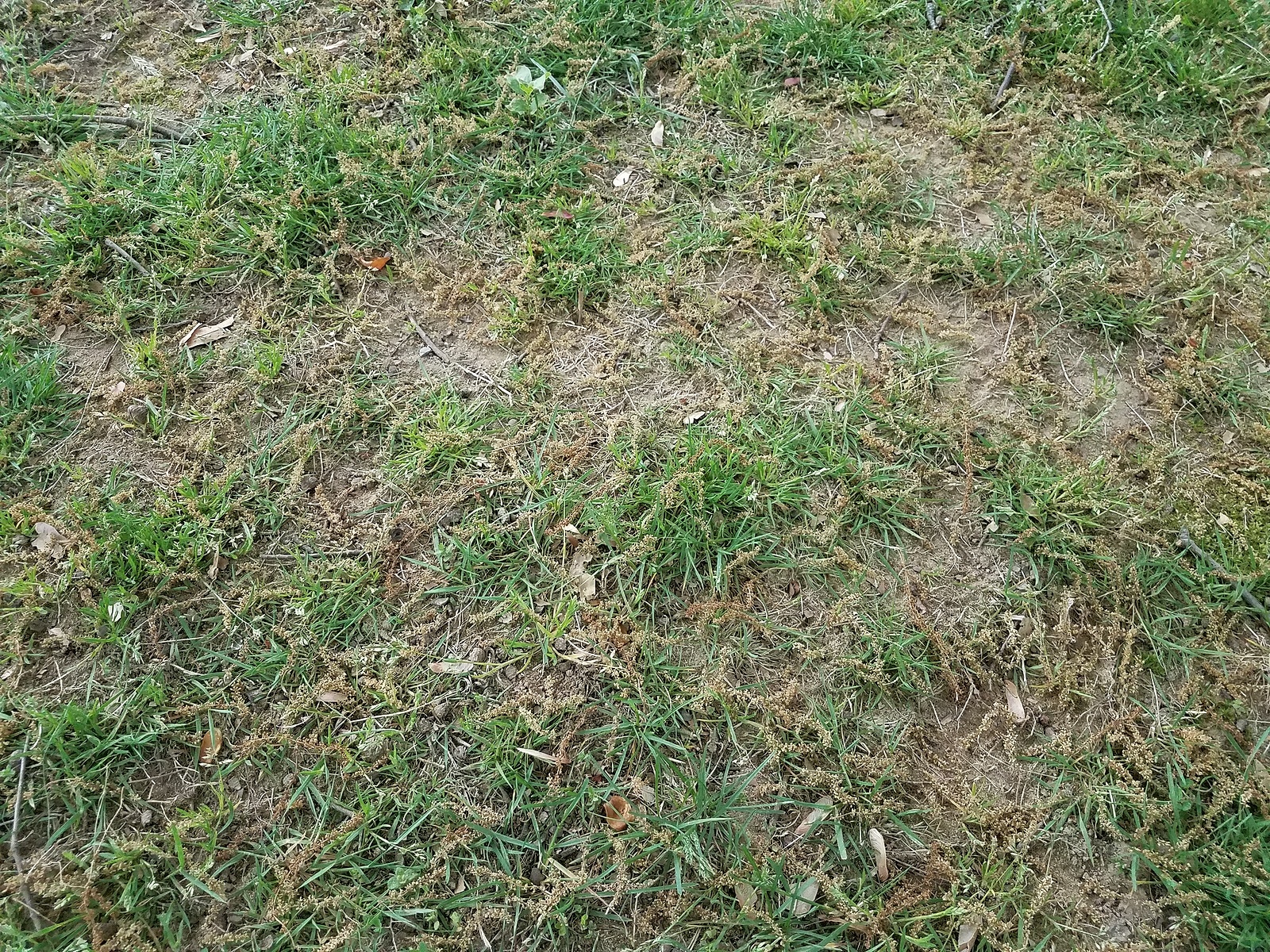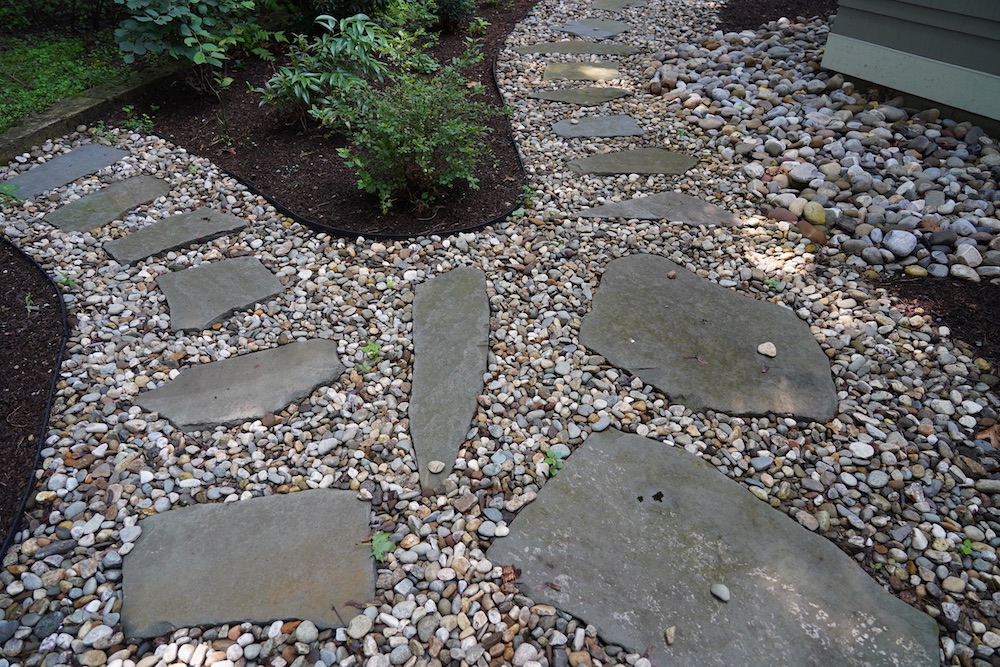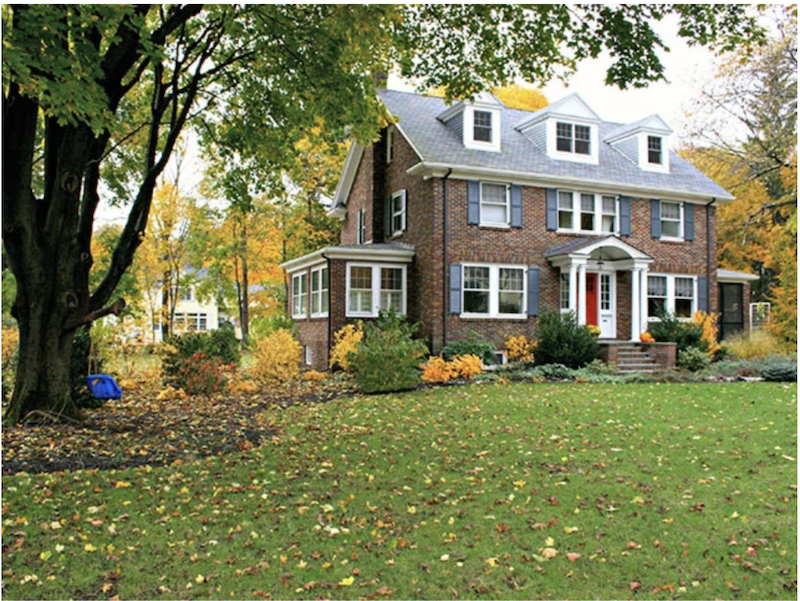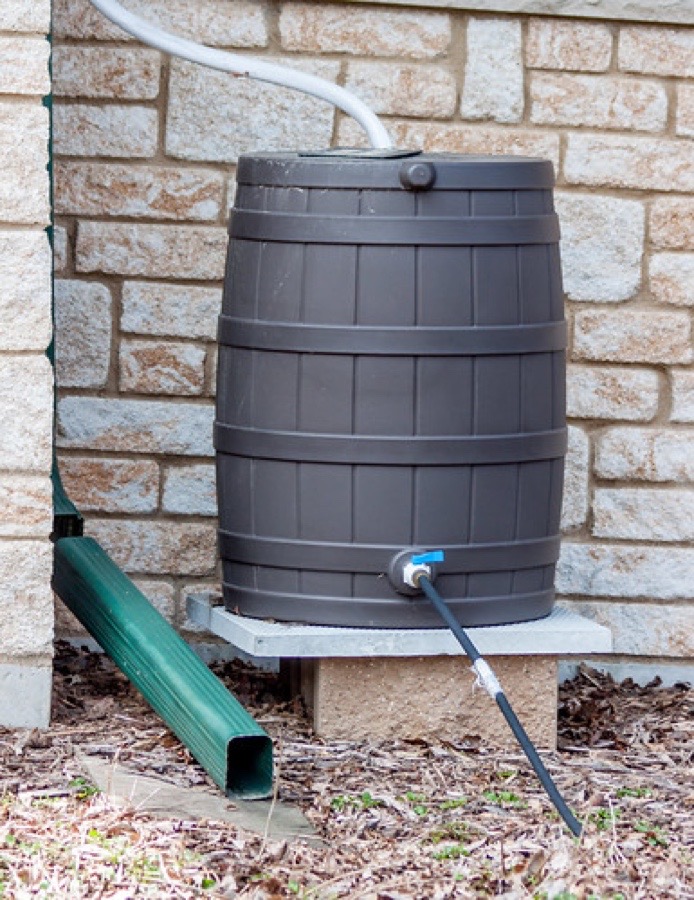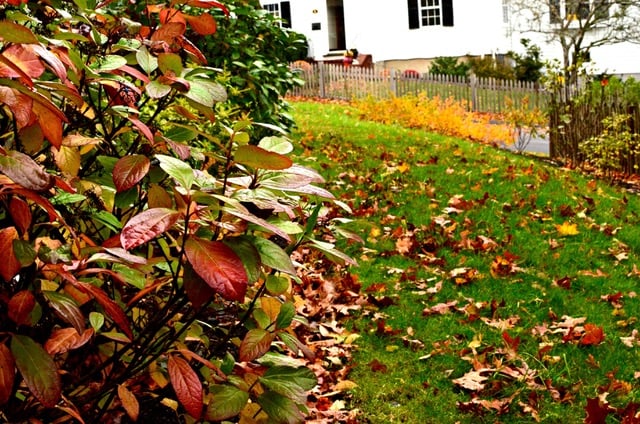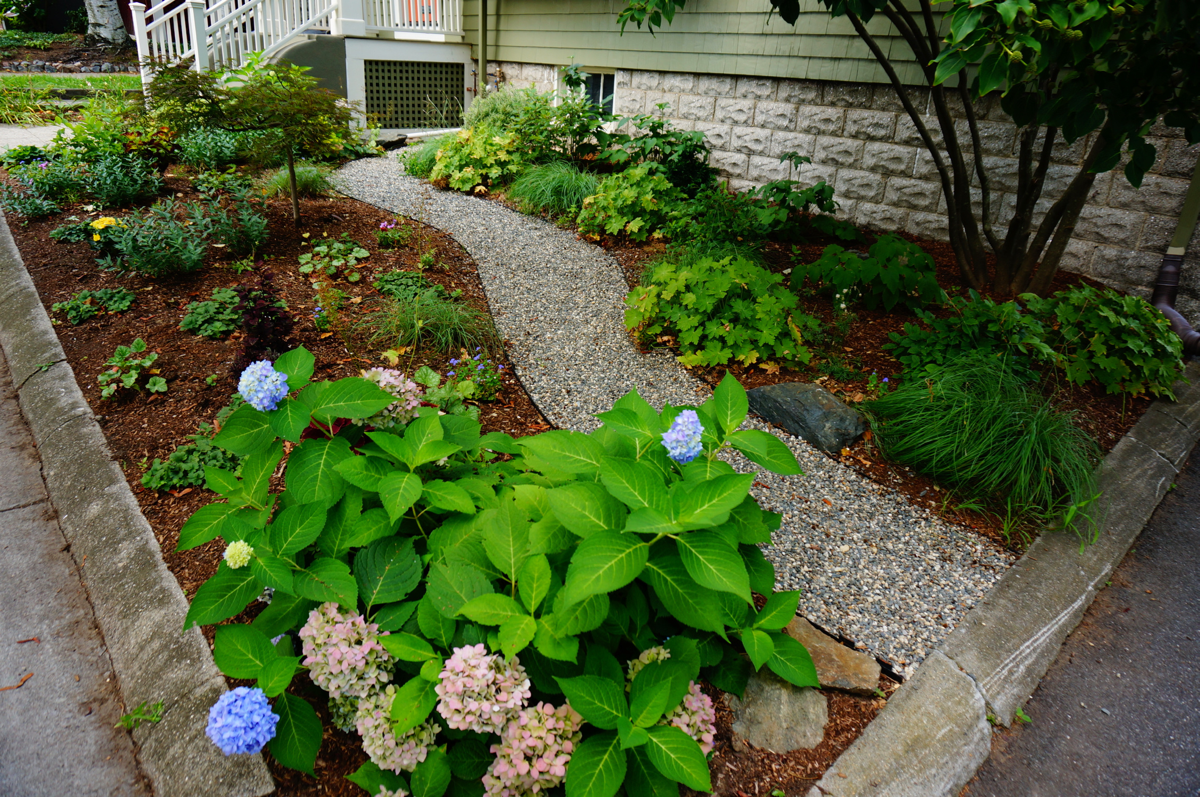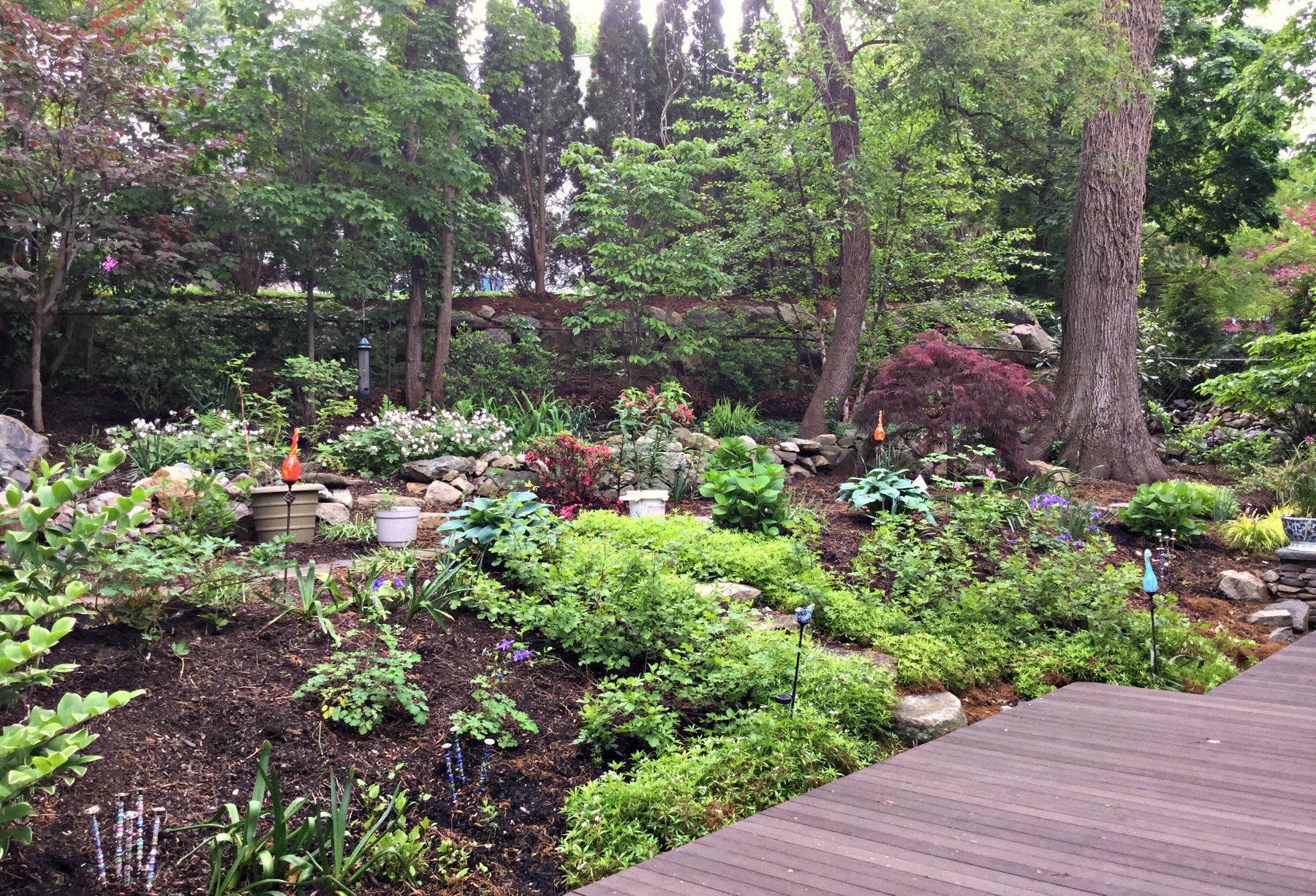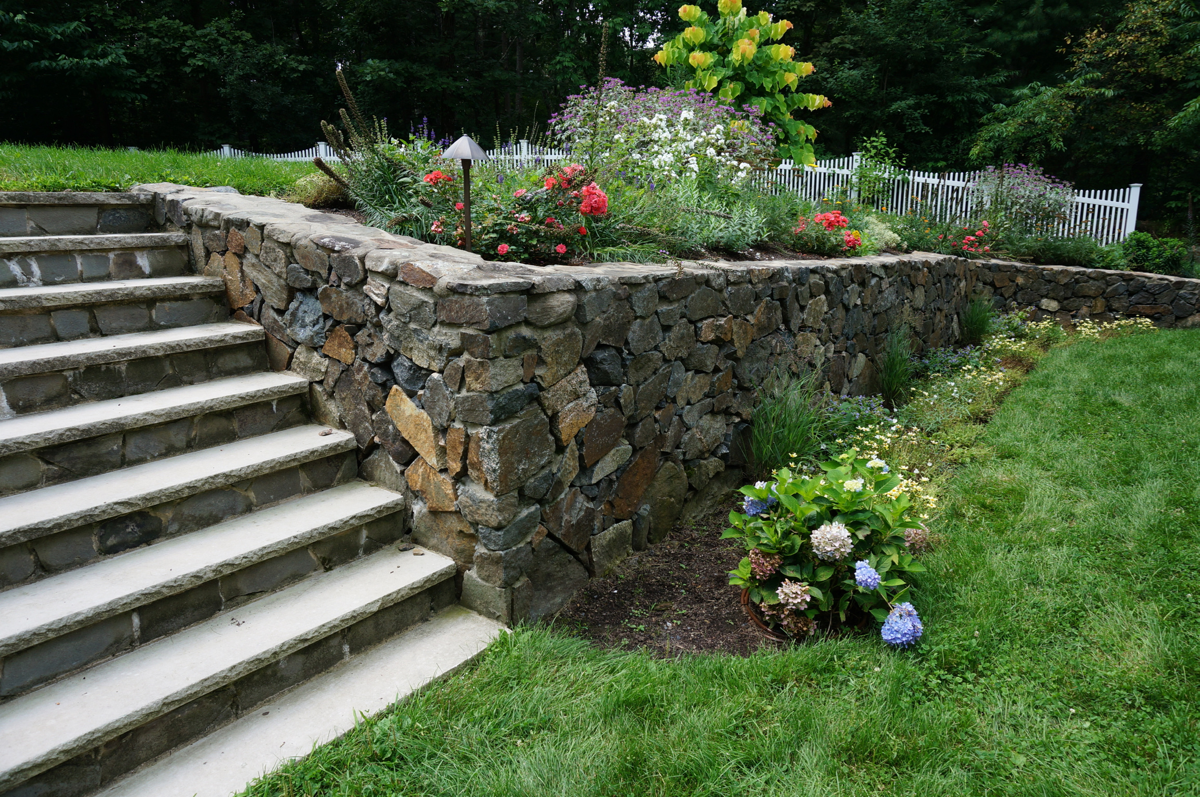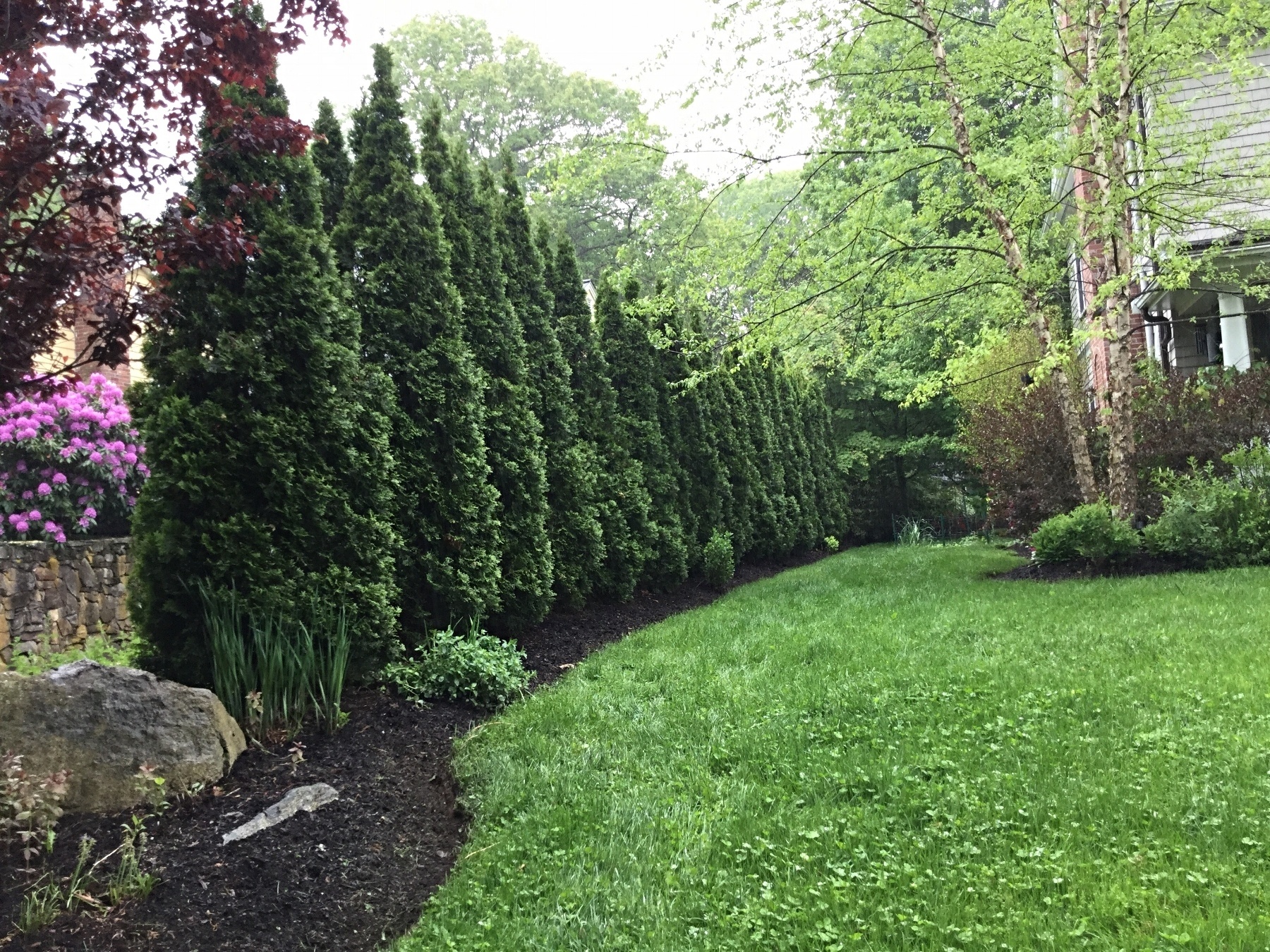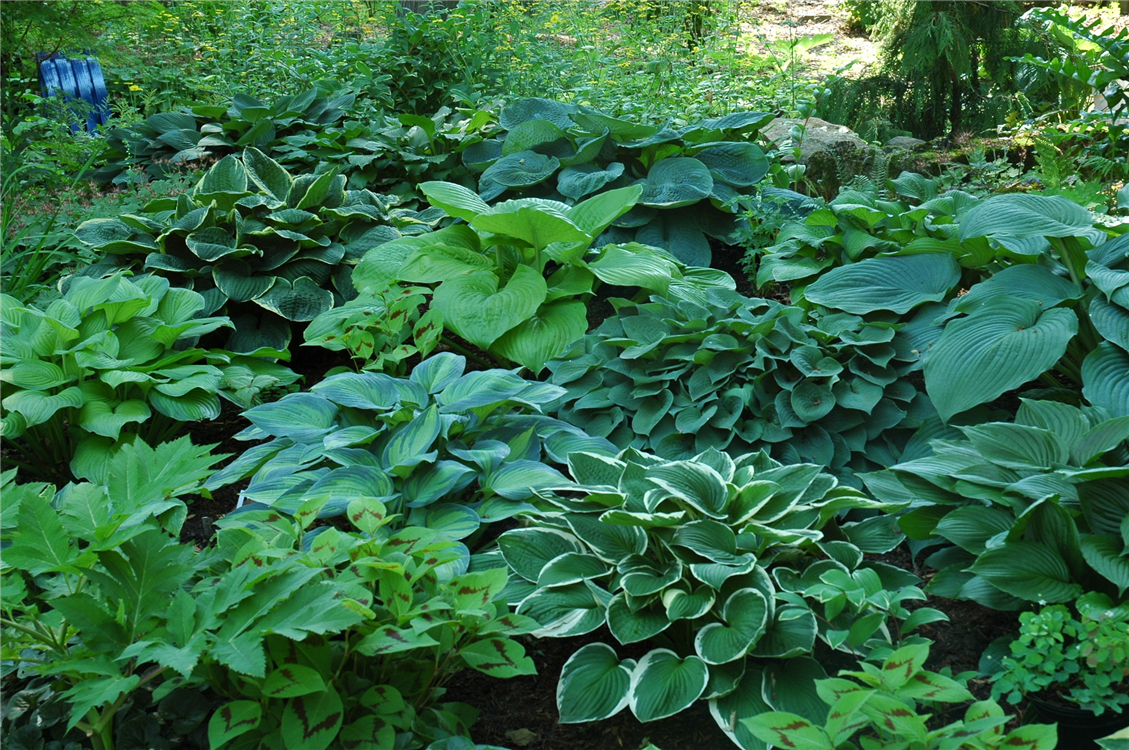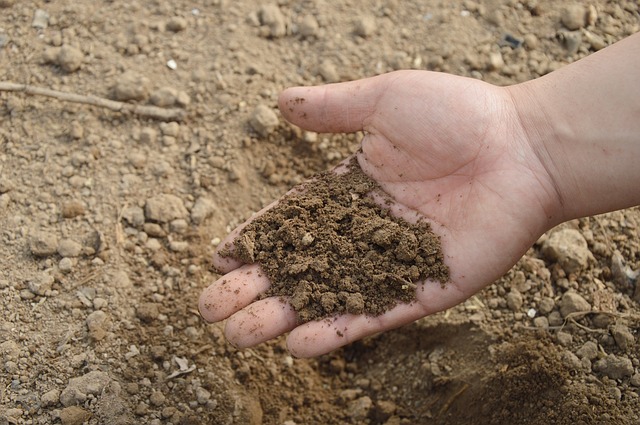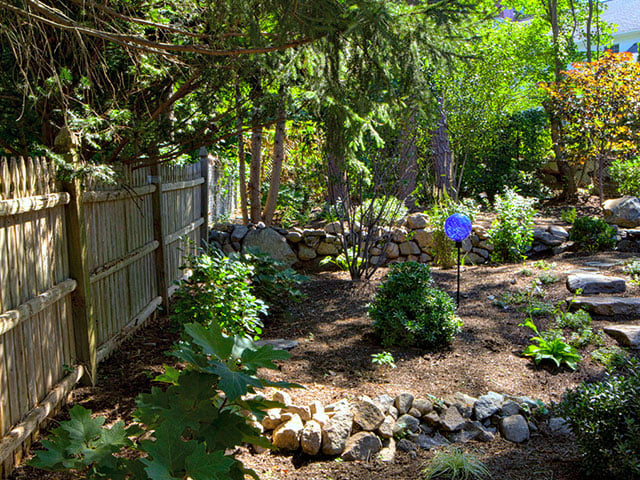A skilled builder can add features like decks, hardscaping, and other attractive structures that make your home better both aesthetically and functionally. Ideally, you want your home’s construction features to complement a healthy, natural garden. However, there may be times when the work of a builder or contractor interferes with your yard.
Poor landscaping techniques can have a negative effect, but landscapers will often unintentionally damage the health of your yard as well. Here are five simple steps to overcome the problem:
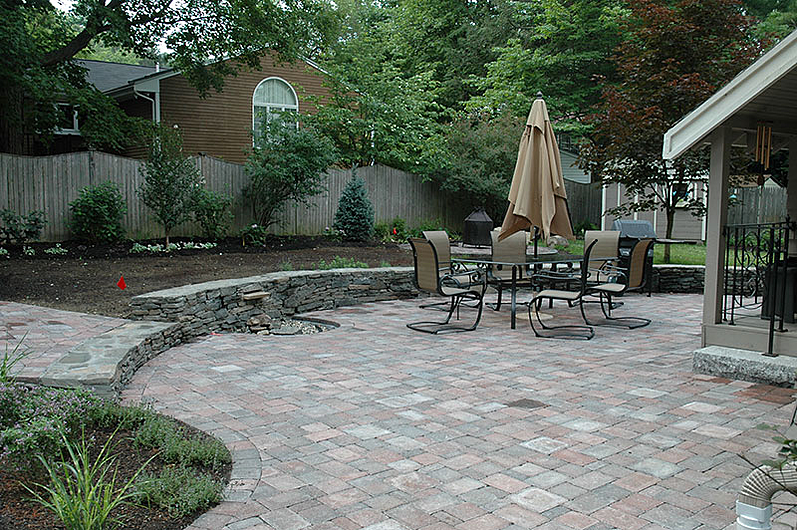
1. Do a soil test
Soil tests are the cornerstone of understanding your yard, and we always recommend them to those looking to improve their landscape health. After landscaping, you will need to perform a soil test not only for the nutrient content of your soil but also to see how compacted it is. We see many landscapers, especially those who use heavy tools and motorized equipment, unintentionally pack down the soil in their customers’ yards.
Handpicked Related Content:
2. Add nutrients to the soil
After a landscaping job that affects your yard’s health, you will most likely need to restore some nutrients to your soil. Depending on the results of your soil test, there are two ways you can do this: either adding top dressing to gradually improve the health of the soil and its ability to transport nutrients, or taking all the existing soil out and re-packing it.
The latter option is a last resort for when your soil has been particularly compacted after heavy construction with no protection of the soil. You can use a perc (percolation) test to get a better understanding of how compact it is. For more information about how to evaluate your soil and its nutrient content, check out our soil guide for organic gardening.
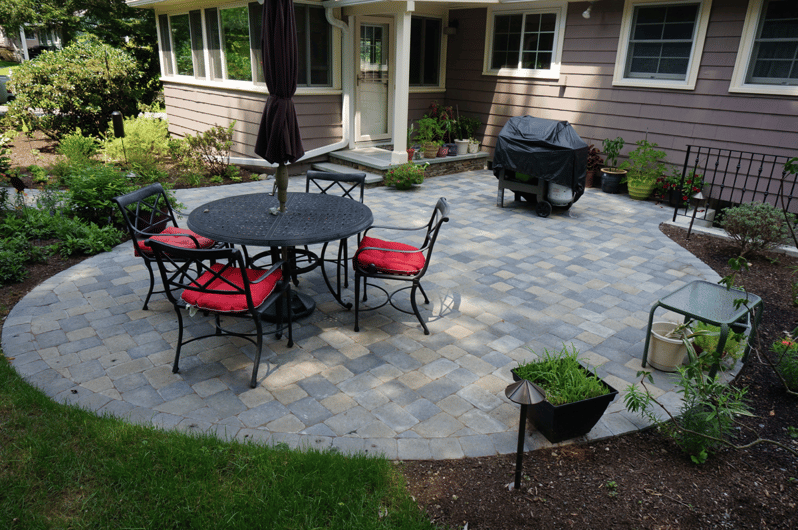
3. Water your yard (and observe the flow)
Once you’ve evaluated the soil and taken steps to make it healthier, the next task is to make sure it’s draining into your soil properly. Observe the area around your plants when you water them and look out for two distinct reactions: excessive pooling means your soil is too compact, while rapid draining can mean the sand content of your soil is too high.
Water should flow steadily into the soil and leave it damp to the touch after watering. If the water doesn’t seem to be properly entering into your soil, it’s a good sign that your yard is still affected by landscaping compaction.
4. Understand your yard’s conditions
Besides the content of your soil, you’ll also need to know how weather elements impact your plants. In addition to your soil test, make sure to consider the amount of sun, shade, slope, wind, and precipitation you will receive in each part of your yard. Pay particular attention to areas that may have changed after your landscaping work, such as a bed of plants next to a new shed or on the edge of a new hardscape patio or walkway.
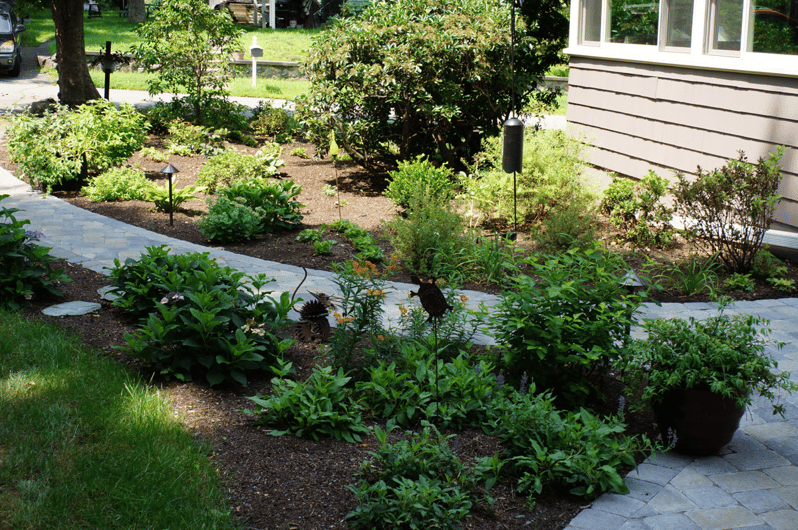
5. Select plants that will thrive in your yard
If part of your landscaper’s job was to put plants anywhere in your yard, make sure you check these plants thoroughly and ensure they are safe and non-invasive. When they need to use plants, most landscape companies will simply purchase whatever they can find at a local home improvement store. That doesn’t necessarily mean these plants will be bad for your yard, but they will probably not be optimal, either.
After the landscaping work is complete, you will want to select as many native plants as possible. You can also choose non-native plants, as long as they aren’t invasive. There are many excellent options in eastern Massachusetts: check out our blog for info on perennials and other kinds of plants that will thrive in our climate zone.
Learn how to make your yard a reflection of your own personality by downloading the ebook titled "How to Maintain Your Landscape and Transform it into a Beauty You'll Love."
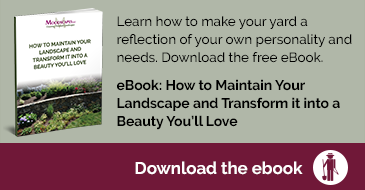
Landscaping with a dependable gardening company in Eastern MA
Whether you are adding a whole new area to plant vegetables or getting a new patio installed, it’s best to seek additional advice from a company that specializes in gardening and healthy yards. At Moodscapes, we have decades of experience helping clients achieve a vibrant, organic yard without interfering with landscape projects that make their outdoor space more comfortable and accessible. Contact us to see how we can help get your yard on the fast track to improved health after a landscaping project in eastern Massachusetts.

